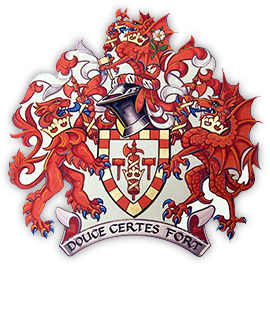The High Court Enforcement Officers Association (HCEOA) has welcomed today’s publication of new values and standards for the enforcement profession set out by the Enforcement Conduct Board (ECB).
The ECB’s new standards will work alongside the Ministry of Justice’s existing National Standards, which were introduced in 2014, but cover a wider range of areas. For example, the ECB has developed two linked sets of standards – one for enforcement agents and one for enforcement firms – to ensure that enforcement agents and people subject to enforcement action know what fair enforcement means in practice.
Alan J. Smith, Chair of HCEOA, said: “We welcome the publication of these new professional values and standards for enforcement firms and enforcement agents from the ECB – they will be an important part of ensuring a fair and effective enforcement system. The HCEOA played a full part in the consultation and engagement process that led to the development of these new values and standards, and we’ve been encouraged by the way the ECB has listened and engaged throughout.”
He added: “Our public perception survey of 2,000 people across England and Wales earlier this year showed strong public support for a fair and effective enforcement system, in which 83% of the general public agreed or strongly agreed that it is a necessary part of the justice system. That is what our members are fully committed to delivering, and we believe that is what everyone involved – whether that is the ECB team, members of the British public, those representing government or those acting either for debtors or creditors, want to see.”
The ECB is the independent oversight body for the enforcement industry. It was set up with agreement between the enforcement profession and leading debt advice charities including Money Advice Trust, Christians Against Poverty and Step Change.
In July 2024, it published a consultation on its draft upcoming standards for the enforcement sector. The consultation set out a full draft of the standards, draft accreditation criteria and framework for 2024/25 and our draft oversight model.
The HCEOA responded to the consultation in detail on behalf of its members, who are all fully trained, qualified and registered High Court Enforcement Officers who are authorised by the Lord Chancellor to enforce High Court Writs.
The new standards have been welcomed by the HCEOA against a backdrop of government inaction on enforcement fees stretching back ten years, despite a commitment at the time for fees to be reviewed annually in line with inflation.
Over the last 3 years, its members received 335,638 Writs, collecting £315 million in outstanding judgment debt on behalf of businesses and individuals.





